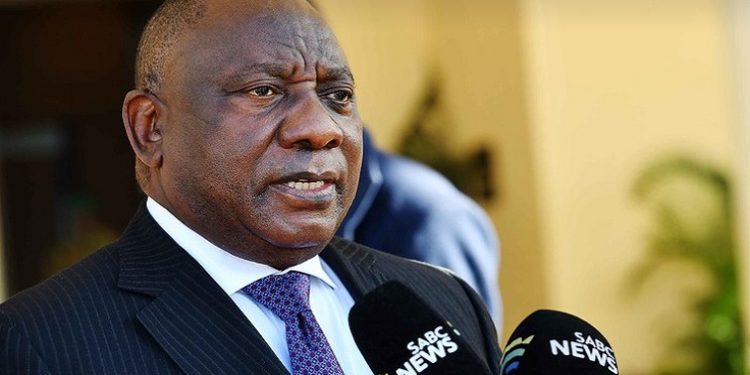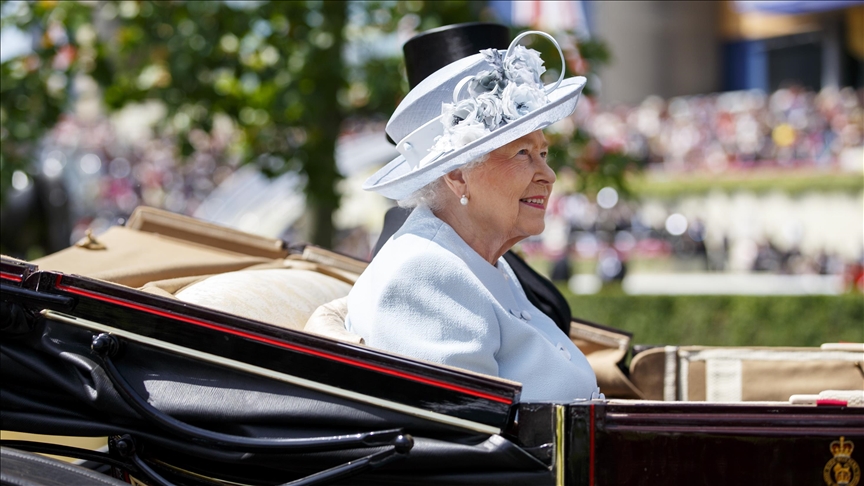The Presidential and Parliamentary elections in Angola have come and gone but a lot of issues are still lingering and trailing the elections which saw the incumbent President, Joao Lourenco emerged as President for a second term.
The elections presented another important opportunity for the people of Angola to consolidate their democracy, peace, and stability since the end of the civil war in 2002.
Amid socio-economic challenges exacerbated by the COVID-19 global pandemic, the polls were even conducted.
Though the election was tight for the incumbent, it was a narrow win for him as the results showed that Lourenco secured 51.07 per cent of the total votes cast while the main opposition secured 41.05 per cent.
Comparatively, it was a lower performance for the ruling party as it dropped from 61 per cent in 2017 and a huge rise for the opposition from 26.67 per cent in the 2017 elections.
The election was the fourth in the Angola post-war period and the fifth electoral process since 1992, as well as the first time that Angolans in the diaspora were able to participate in the election process (vote from abroad), thereby extending the democratic right to this category of citizens to elect their leaders.
The presidential position was contested by seven candidates from different political parties and one coalition. Over 14 million registered voters participated in the election that returned the incumbent to power. There were 13,000 polling stations and 26, 000 polling units.
Also, the African Union, AU, Southern Africa Development Community, SADC, Community of Portuguese Language Countries CPLP, European Union, EU, Episcopal Conference of Angola and São Tomé CEAST, The Presidency of Angola, Political Parties, and the National Electoral Commission-CNE were all observers at the southern African country’s election.
Two hundred and twenty seats were contested for in the National Assembly by the candidates of these eight political parties.
The Parties are the ruling People’s Movement for the Liberation of Angola, MPLA, headed by incumbent president Joao Lourenco.
The main opposition party, the National Union for the Total Independence of Angola, UNITA also was headed by presidential candidate, Adalberto Costa Junior.
Also, there is the National Liberation Front of Angola, FNLA, Nationalist Party for Justice in Angola, P-DJANGO, Humanist Party of Angola, PHA, Social Renewal Party PRS, National Patriotic Alliance, APN and Broad Convergence for the Salvation of Angola – Electoral Coalition Casa-CE.
Joao Lourenco and Adelberto Costa Junior were the frontrunners in the August 24, 2022 election in Angola.
The election was the most competitive since the 1992 elections due to growing unpopularity against the MPLA that occasioned more demanding citizenry and emboldened the opposition camp.
During the electioneering campaign, the main rivals had accused each other of “making pacts with corrupt people.” The ruling MPLA implicitly accused UNITA of having its election campaign financed by the children of late former president dos Santos, but UNITA provided no evidence to support this claim.
The opposition party, however, described Lourenco’s anti-corruption measures as “cosmetic” aimed only at publicity.
The MPLA has been in power since independence from Portugal in 1975. This is a major cause that made the opposition fight for change in governance. The opposition believes the ruling party has overstayed in power and it was time they got another party to handle the affairs of the country.
The opposition had accused the ruling MPLA of using state resources to campaign for re-election in 2022. President Lourenco had made the fight against corruption a key issue in his first election campaign in 2017.
Issues such as unemployment, education, and vocational training played a major role in the Angolan election campaign. In addition, there is a lot of talk about poverty in general and about the best way to combat it.
One thing that made the president return to power in a tight win and made the opposition stand out in the just concluded election was the formation of a broad political opposition against the ruling party.
The opposition was angered that Lourenco’s move to open up the Angola economy had little or no effect on the people.
The MPLA, the new united patriotic front, and key opposition leaders made up the formation.
For the opposition and civil society activists, the front was thought to be the best hope that could bring an end to the 46 years of rule of the MPLA in Angola. But alas! The rule has continued with the incumbent having a pyrrhic victory.
And with the above, For the first time since the main opposition party in Angola, UNITA began, it was able to win outright majorities in the just concluded election in the capital Luanda and the northern province of Zaire.
Though the opposition had rejected the result announced by the country’s electoral body, still did not stop the swearing-in of the incumbent president for his second tenure.
The UNITA opposition leader had vowed to contest the results in court. He claims there were ‘brutal’ discrepancies between the electoral commission’s count and their tally.
The 2022 general elections presented another important opportunity for the people of Angola to consolidate their democracy, peace, and stability since the end of the civil war in 2002. And an opportunity for the opposition to end the MPLA rule, but the Incumbent eventually won the election.
Angola is rich in oil, gas, diamonds, and other resources. It is also a key partner in the global effort to stabilize the Great Lakes Region. The country has tried for years to mediate the conflict between the Democratic Republic of Congo and Rwanda. Angola is also a key partner of the US and the EU, mainly through economic ties.
President Lourenco is expected to use the country’s rich resources to better the lives of the citizens and also improve the economy of the country.
The World is watching as he begins his second five-year mandate but the oppositions are disaffected.


